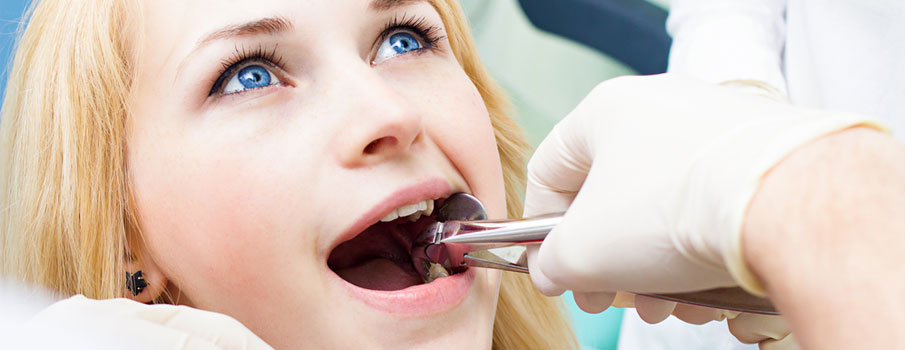Aging is a natural process that affects every aspect of our health, including our dental health. As we age, our bodies undergo changes that can impact our oral health, such as a decrease in saliva production and changes to the structure of our teeth and gums. These changes can lead to a variety of dental problems, such as tooth decay, gum disease, and tooth loss. However, there are steps we can take to maintain good oral health as we age.
Changes to the teeth and gums
Our oral health may be impacted by changes to our teeth and gums as we age. For instance, our teeth’s enamel may erode over time, increasing their susceptibility to decay. In addition, our gums may recede, exposing the tooth roots and increasing sensitivity. These modifications can result in a number of oral issues, including cavities and gum disease. The exterior, hard covering of our teeth that shields them from decay is called tooth enamel. Enamel can erode over time as a result of things like acid erosion from food and drink, tooth grinding, and strenuous brushing. Our teeth are more susceptible to decay and sensitivity when the enamel is gone.
Dental care
Regular dental checkups and cleanings are essential for maintaining good oral health, especially as we age. Older adults may be more susceptible to dental problems, and early detection is key to preventing serious complications. It is important to find a dentist who has experience working with older adults and understands their unique dental needs. If you are located in Australia, for instance, finding an expert dental lab in Australia might be just the way to go when it comes to taking care of your teeth professionally.
In addition to regular dental checkups, older adults should also practice good oral hygiene at home. This includes brushing and flossing at least twice a day, using fluoride toothpaste, and rinsing with an antiseptic mouthwash. Older adults should also consider using an electric toothbrush, which can be easier to use for those with arthritis or other conditions that make it difficult to brush manually.
Dry mouth
Another common issue that older adults face is dry mouth, which occurs when the salivary glands do not produce enough saliva. Saliva plays an essential role in maintaining good oral health by neutralizing acids in the mouth, washing away food particles, and preventing tooth decay. Without enough saliva, older adults are at a higher risk for cavities, gum disease, and other oral health problems.
This condition can be caused by a variety of factors, such as certain medications, radiation therapy, and autoimmune disorders. It can also be a side effect of aging, as the salivary glands naturally produce less saliva as we get older. To alleviate dry mouth, older adults can try drinking more water, chewing sugar-free gum, and using saliva substitutes. It is also important to talk to a healthcare provider about any medications that may be causing dry mouth.
Medications

Many older adults take medications for various health conditions, and some of these medications can have side effects that impact oral health. For example, some medications can cause dry mouth, while others can lead to the overgrowth of bacteria in the mouth. It is important for older adults to discuss the potential side effects of their medications with their healthcare provider and take steps to maintain good oral health, such as drinking plenty of water and brushing and flossing regularly.
In addition to dry mouth, medications can also cause other dental problems such as gum overgrowth, which can make it difficult to clean teeth properly. Some medications can also interfere with the body’s ability to absorb calcium and vitamin D, which are essential for strong teeth and bones. It is important to discuss any potential side effects of medications with a healthcare provider and find ways to manage them.
Nutrition

A healthy diet is important for maintaining good oral health at any age, but it is especially important for older adults. A diet that is high in sugar and carbohydrates can increase the risk of tooth decay and gum disease, while a diet that is rich in fruits, vegetables, and calcium can help keep teeth and gums healthy. Older adults should also make sure to get enough vitamin D, which is essential for strong bones and teeth. Good nutrition is important for overall health and well-being, including oral health. Eating a well-balanced diet that is rich in nutrients can help prevent dental problems and keep teeth and gums healthy.
Maintaining good oral health is essential for overall health and well-being, especially as we age. By understanding the effects of aging on dental health and taking steps to maintain good oral hygiene, older adults can prevent dental problems and enjoy a healthy, beautiful smile for years to come. If you are an older adult or caring for an older adult, be sure to discuss their oral health with their healthcare provider and dentist, and take steps to maintain good oral hygiene at home.















